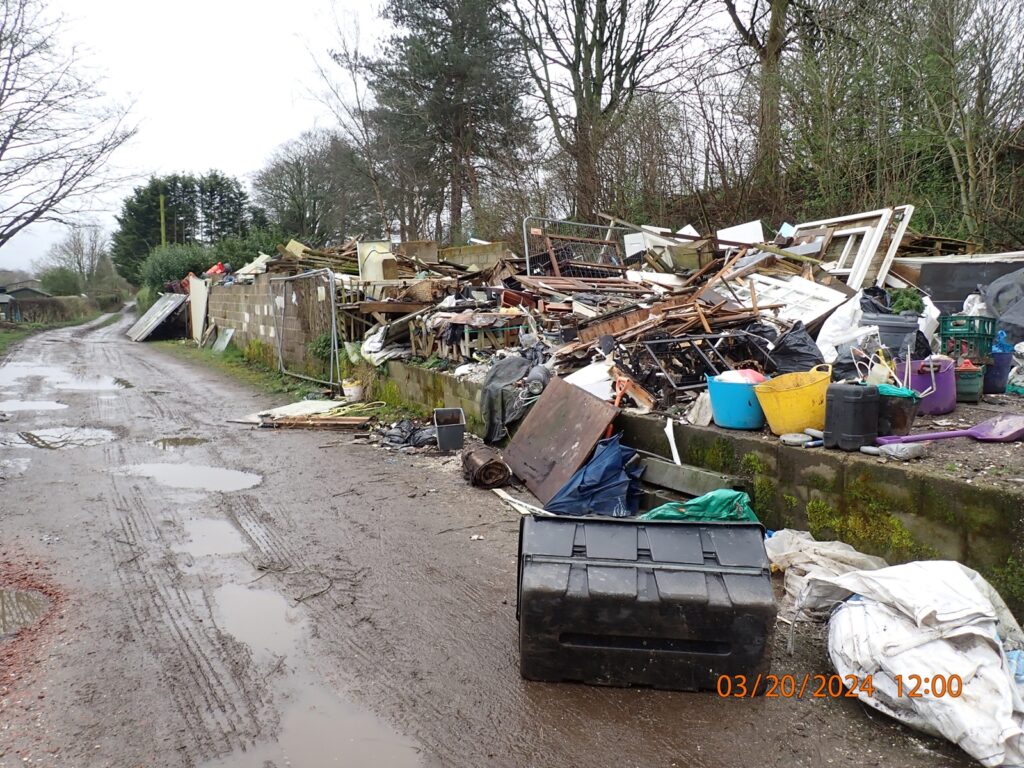Oaktech Ltd signed a £500,000 contract contract earlier this month to develop the facility for Avondale Environmental Limited, which would treat around 70,000 tonnes of waste a year, at Avondale's landfill near Falkirk.
Oaktech, which owns the ArrowBio MBT process, has now begun work on the design of the facility, which will use a water-based MBT system including anaerobic digestion technology.
Intended to be a merchant facility, rather than attached to any one local authority contract, the plant will draw on Avondale's existing contracts for residual waste disposal with local authorities including Clackmannanshire, Falkirk, and West Lothian.
Avondale will also be looking to take mixed waste from commercial companies.
The plant will produce two end products – biogas and a material which could be used as top-soil for the landfill. From the biogas, it will generate 2 MW of renewable energy for export to the National Grid, as well as providing power needs for the plant itself.
Process
Unlike traditional MBT plants, which tend to be dry systems, the ArrowBio process uses water to separate out the residual waste by density, in addition to cleaning the waste.
Speaking to letsrecycle.com, Oaktech project manager Stuart Gordon said: “The heavy waste such as metals, plastic and glass will sink straight away and will be removed by a conveyor belt these will then be sorted by eddy currents and belt magnets and will be sent for recycling. Avondale is talking to a number of metal recyclers in the UK to secure contracts.
“The lighter elements which will typically be biodegradable will float to the top of the water and will be removed by a conveyor belt and enter a shredding process with high-pressure water jets. This 'soup-like' material will then be pumped into the anaerobic digesters where “high levels of methane-rich (~70-80% methane content) biogas will be produced,” he said.
In the anaerobic digesters, the waste will be heated up to 37 degrees centigrade and the full process will take 90 days.
Although this is longer than the average MBT process lasting between 25-30 days, Mr Gordon said: “the higher retention time in the tanks is a reflection of the type of AD we use which is appropriate for a very wet feedstock. Indeed what goes into the digester will be made up of just 4% solids.”
Planning
The Avondale landfill site, where the plant will be located, already has existing planning permission for the MBT, however, Mr. Gordon explained: “We are in the process of submitting any changes to the existing planning permission to ensure the system will comply.”
In terms of the gate fee, Mr Gordon said this was a decision for Avondale but with the recent increase in landfill costs, he said it would be “more economical” than traditional disposal for councils.
Mr Gordon said: “If everything goes to plan, once the MBT is constructed we would have an MSW treatment facility which didn't require any investment from the local authorities, and will help them fulfil their waste diversion targets.
“Local authorities in the area of the landfill are aware of the project and have been happy with Avondale to proceed,” he added.












Subscribe for free